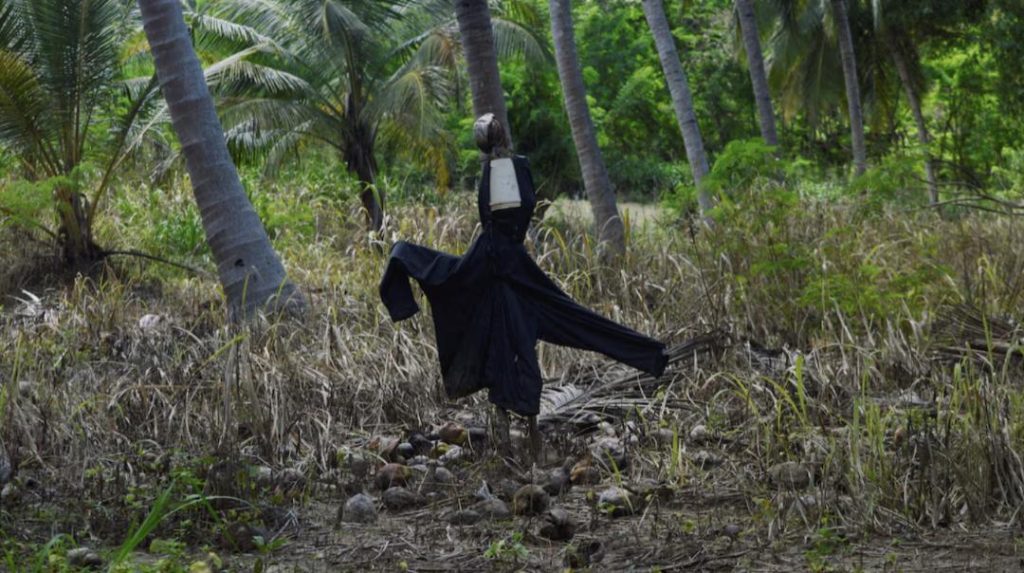
Sri Lanka Begins Monkey, Squirrel Census Amid Crop Damage
In a bid to tackle the growing issue of crop damage caused by monkeys, peacocks, and giant squirrels, the Sri Lankan government has initiated a comprehensive wildlife census. The census, which began on Saturday, aims to count and track the population of these animals to formulate policies that will help manage their numbers and reduce the impact on agriculture.
Farmers in Sri Lanka have been complaining of significant losses due to the destruction caused by these animals, with the Deputy Minister of Agriculture stating that the problem has become so severe that people are giving up farming altogether. According to the minister, the country is losing approximately 20% of its total agricultural production due to crop damage.
The census, which will be conducted over the next few months, will involve a team of experts from the Department of Wildlife Conservation, the Department of Agriculture, and the University of Peradeniya. The team will be using camera traps, observation towers, and other survey methods to track the population of monkeys, peacocks, and giant squirrels in different parts of the country.
The census is expected to provide valuable insights into the numbers and distribution of these animals, which will help the government develop targeted policies to manage their populations. The data collected during the census will also be used to identify areas where the animals are most concentrated, allowing farmers to take measures to protect their crops.
Monkeys, in particular, have been causing significant damage to crops in Sri Lanka. The country is home to several species of monkeys, including the toque macaque, the purple-faced langur, and the long-tailed macaque. These monkeys are known to raid crops, particularly rice and other grains, and can cause significant damage to agricultural production.
Peacocks, on the other hand, are known to feed on crops such as corn and wheat. While they are not as destructive as monkeys, their numbers are still a significant concern for farmers. Giant squirrels, which are native to Sri Lanka, are also known to feed on crops, particularly groundnuts and other legumes.
The impact of crop damage on farmers is significant, with many farmers struggling to make ends meet due to the losses. The Deputy Minister of Agriculture has stated that the problem has become so bad that people are giving up farming, which is a significant concern for the country’s food security.
The Sri Lankan government is taking steps to address the issue of crop damage, including the initiation of the census. The government is also working with farmers to develop new techniques for protecting their crops, such as using fencing and other barriers to keep the animals out.
In addition to the census, the government is also working to develop policies that will help manage the population of monkeys, peacocks, and giant squirrels. The policies will be formulated based on the data collected during the census and will aim to reduce the impact of crop damage on agriculture.
The Sri Lankan government is also working to develop alternative livelihoods for farmers who are struggling due to crop damage. The government is providing support to farmers to diversify their crops and develop new industries, such as tourism and eco-tourism.
In conclusion, the Sri Lankan government’s decision to conduct a census of monkeys, peacocks, and giant squirrels is a significant step towards addressing the issue of crop damage. The census will provide valuable insights into the numbers and distribution of these animals, which will help the government develop targeted policies to manage their populations. The government’s efforts to support farmers and develop alternative livelihoods will also help to mitigate the impact of crop damage on agriculture.






